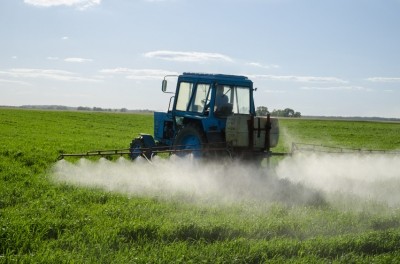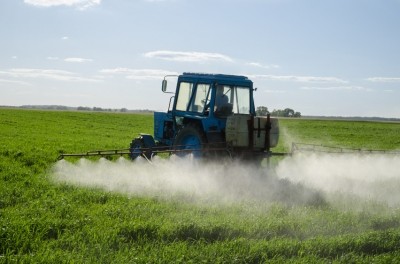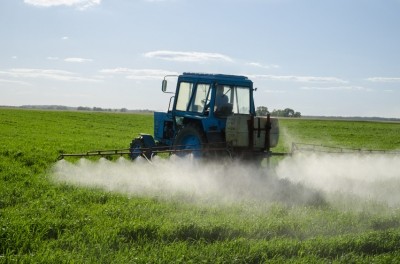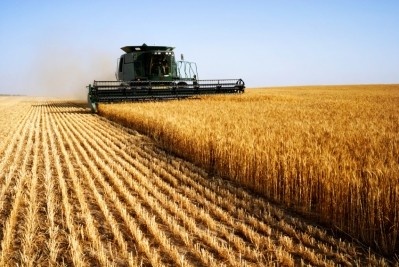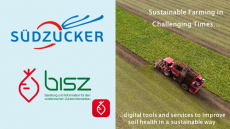Bread companies should drop glyphosate, says Soil Association
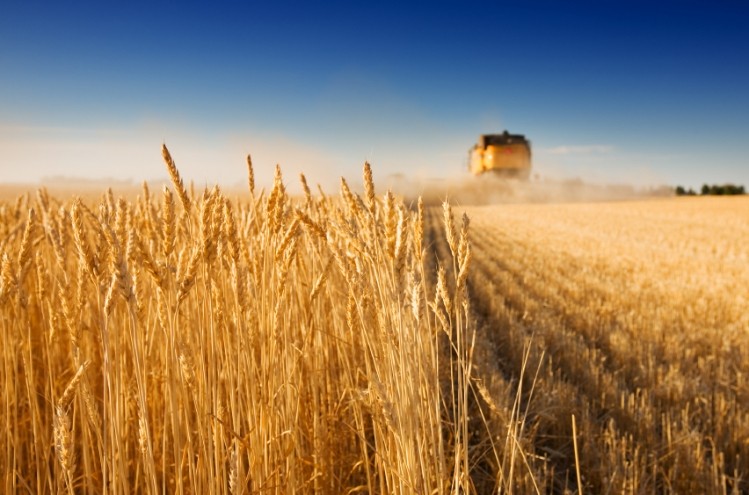
The use of glyphosate – a chemical herbicide deemed to be “probably carcinogenic” in a preliminary report published by the WHO three months ago – has increased by 400% in the past 20 years in the UK, according to the Soil Association.
It also said that tests on British bread carried out by the Department of Environment, Food and Rural Affairs (DEFRA) found that up to one third of the samples contained traces of the herbicide.
Last week the organic association called for ban on glyphosate sprays on wheat for use in bread to be enacted immediately.
But Gordon Polson, director of the Federation of Bakers, told FoodNavigator that its use was regulated at both a national and EU level, and that any glyphosate traces present in bread were so minuscule they would have no effect on human health – but the Soil Association has said the officially allowed maximum residue level for wheat – 10 mg per kilogram – was set before the WHO deemed the chemical to be a probable carcinogen.
The association's policy director Peter Melchett said: “If glyphosate ends up in bread it’s impossible for people to avoid it, unless they are eating organic. On the other hand, farmers could easily choose not to use glyphosate as a spray on wheat crops – just before they are harvested.”
Melchett called on consumers to put pressure on retailers and bread manufacturers to stop using glyphosate in the cultivation process because protective action was unlikely to come from regulators.
A statement from the Federation of Bakers said that it already worked closely with its suppliers to ensure any incidence of residues remained low.
Alex Waugh, from the National Association of British and Irish Millers, which represents the flour industry, said: "I'm not going to say there's no problem with glyphosate, but there probably isn't a problem with glyphosate and bread right now.
"The millers and bakers will continue to talk to their suppliers and ask what can be done to minimise these residues. But if the choice is to have a crop that you can turn into bread and not having one then I'd rather have the crop."
Meanwhile, Claire Robinson, editor at GMWatch.org said that the UK was lagging behind other European countries that had taken action in the light of the report, removing certain non-food products that contain glyphosate such as domestic weed killer.
“Outside the United Kingdom, the reaction to the WHO report has been dramatic,” she said.
“Some retailers in Switzerland and Germany have removed glyphosate products and France has committed to do so by 2018 and German states are calling for an EU-wide ban. The Danish Working Environment Authority has declared it as a carcinogen.”
Monsanto, which developed glyphosate to be used to protect GM crops, said it was baffled by the conclusion of the WHO report and that it was not supported by scientific evidence.
The German Federal Institute for Risk Assessments (BfR) conducted its own safety assessment and found that the risk of carcinogenicity was 'very limited', and even recommended raising the acceptable daily limit from 0.3 mg to 0.5 mg per kilogram of body weight per day.
EFSA is due to issue a safety assessment for glyphosate later this year.
